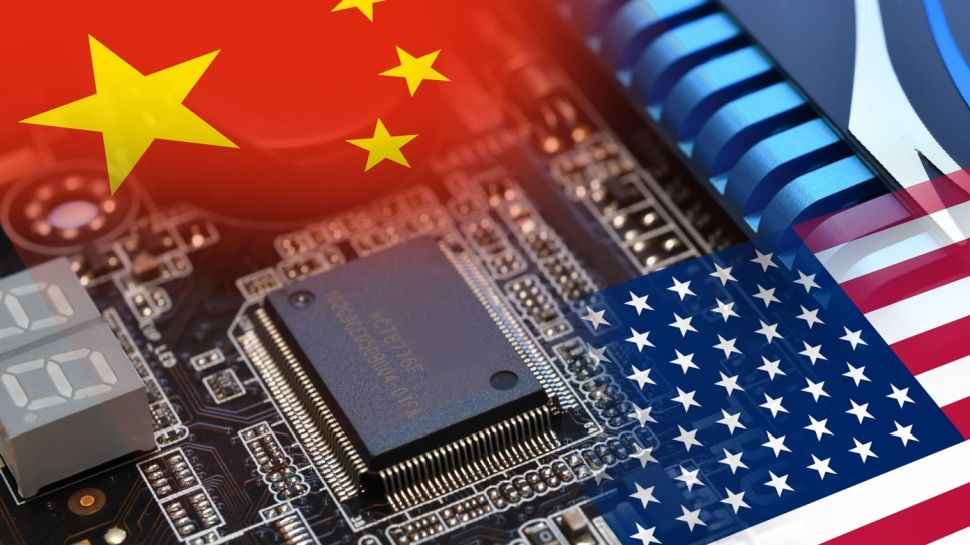- President Biden set to introduce new AI Diffusion rules on AI technology
- Groups have praised the rules for helping to shore up national security
- However China and Nvidia have both critiqued the rules for stifling competition
In the final few days of the Biden administration, the President has introduced a set of new regulations aimed at restricting China’s access to advanced semiconductors used in AI technology.
The ‘Export Control Framework for AI Diffusion’ divides the world into friend and foe, with allies being provided with unfettered access to AI technology, while US adversaries, namely China, Russia, Iran and North Korea, will face harsh restrictions.
The latest regulations, along with the slew of export restrictions levied against China during Biden’s four year tenure, are designed to maintain West’s dominance in AI development and AI chip design.
‘It’s critical that we keep it that way’
The AI Diffusion rules would implement new country-specific quotas on GPUs, but provide an option for cloud computing providers to apply for approval to build data centers outside of these limits, allowing giants such as Microsoft, Google, and Amazon to continue with existing and future projects without restrictions - provided they meet security requirements, reporting demands, and have a record of adherence to human rights.
The regulations will not kick in for 120 days, leaving plenty of wriggle room for Trump to settle into his second presidency and decide on his foreign policy approach regarding China.
Chinese President Xi Jinping was invited to, but declined, Trump’s inauguration, with the US president-elect threatening heavy tariffs against imported goods with a particular focus on China throughout his election campaign.
Ahead of the AI Diffusion announcement, US Commerce Secretary Gina Raimondo said, “the US leads AI now – both AI development and AI chip design, and it’s critical that we keep it that way.”
Much of the motivation behind imposing restrictions on China’s ability to import AI chips and manufacturing technologies has been on the basis of national security concerns surrounding the potential for Beijing to introduce advanced AI technologies into its military.
Both the Americans for Responsible Innovation group and the Strategic Competition Between the United States and the Chinese Communist Party have praised the AI Diffusion rules focus on basis of national security.
In response however, China’s Commerce Ministry branded the regulations as “another example of generalizing the concept of national security and abusing export controls,” further arguing that the regulations were not in line with established economic and trade rules and are a “blatant violation.”
Nvidia, which capitalized on the AI tech and software hype to catapult itself to second in the most valuable companies by market cap, also hit back against the regulations in a blog post, with Ned Finkle, vice president of government affairs, stating the AI Diffusion rules are “a 200+ page regulatory morass, drafted in secret and without proper legislative review,” adding that the Biden administration was attempting to “rig market outcomes and stifle competition.”
Finkle also pointed out that the regulation would hit much of the technology that is “already widely available in mainstream gaming PCs and consumer hardware.” The blog post concluded with a statement praising innovation and competition during Trump’s first term, with Nvidia “look[ing] forward to a return to policies that strengthen American leadership, bolster our economy and preserve our competitive edge in AI and beyond.”
Via SCMP
You might also like
- Take a look at our guide to the best cloud storage options around
- Microsoft claims its servers were illegally accessed to make unsafe AI content
- These are the best AI tools and best AI writers










 English (US) ·
English (US) ·